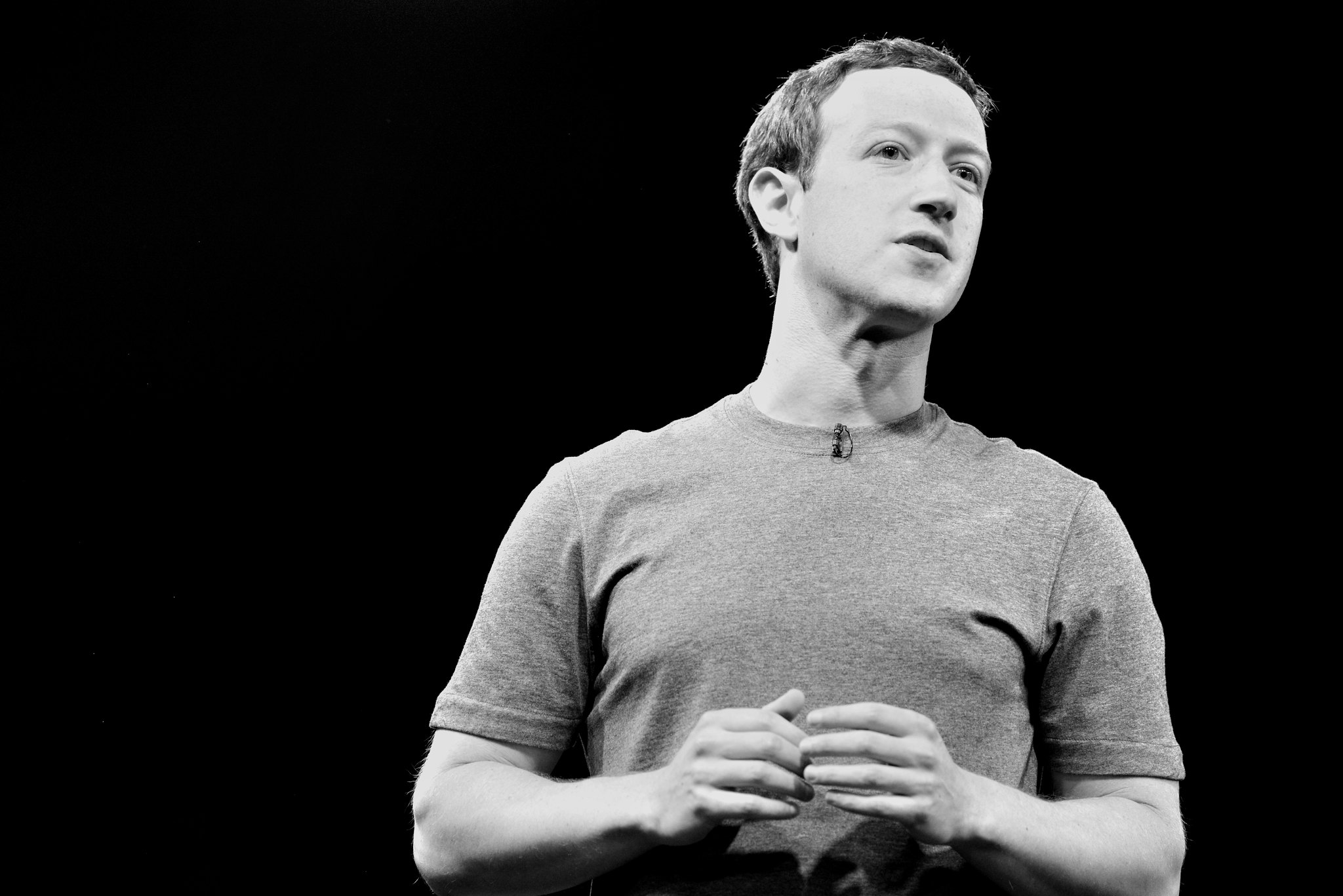
Facebook is developing an AI called TL;DR which summarises news into shorter snippets.
Anyone who’s spent much time on the web will know what TL;DR stands for—but, for everyone else, it’s an acronym for “Too Long, Didn’t Read”.
It’s an understandable sentiment we’ve all felt at some point. People lead busy lives. Some outlets now even specialise in short, at-a-glance news.
The problem is, it’s hard to get the full picture of a story in just a brief snippet.
In a world where fake news can be posted and spread like wildfire across social networks – almost completely unchecked – it feels even more dangerous to normalise “news” being delivered in short-form without full context.
There are two sides to most stories, and it’s hard to see how both can be summarised properly.
News folks are not going to love this. Some product manager announced internally a tool that FB is developing called "TL;DR". Basically, it will use AI to summarize long form articles and spit out bullet points so people don't have to read the full piece.
— Ryan Mac 🙃 (@RMac18) December 15, 2020
What could go wrong!
However, the argument also goes the other way. When articles are too long, people have a natural habit of skim-reading them. Skimming in this way often means people then believe they’re fully informed on a topic… when we know that’s often not the case.
TL;DR needs to strike a healthy balance between summarising the news but not so much that people don’t get enough of the story. Otherwise, it could increase existing societal problems with misinformation, fake news, and lack of media trust.
According to BuzzFeed, Facebook showed off TL;DR during an internal meeting this week.
Facebook appears to be planning to add an AI-powered assistant to TL;DR which can answer questions about the article. The assistant could help to clear up anything the reader is uncertain about, but it’s also going to have to prove it doesn’t suffer from any biases which arguably all current algorithms suffer from to some extent.
The AI is also going to have to be very careful in not taking things like quotes out-of-context and end up further automating the spread of misinformation.
There’s also going to be a debate over what sources Facebook should use. Should Facebook stick only to the “mainstream media” which many believe follow the agendas of certain powerful moguls? Or serve news from smaller outlets without much historic credibility? The answer probably lies somewhere in the middle, but it’s going to be difficult to get right.
Facebook continues to be a major source of misinformation – in large part driven by algorithms promoting such content – and it’s had little success so far in any news-related efforts. I think most people will be expecting this to be another disaster waiting to happen.
(Image Credit: Mark Zuckerberg by Alessio Jacona under CC BY-SA 2.0 license)
Interested in hearing industry leaders discuss subjects like this? Attend the co-located 5G Expo, IoT Tech Expo, Blockchain Expo, AI & Big Data Expo, and Cyber Security & Cloud Expo World Series with upcoming events in Silicon Valley, London, and Amsterdam.






